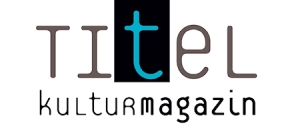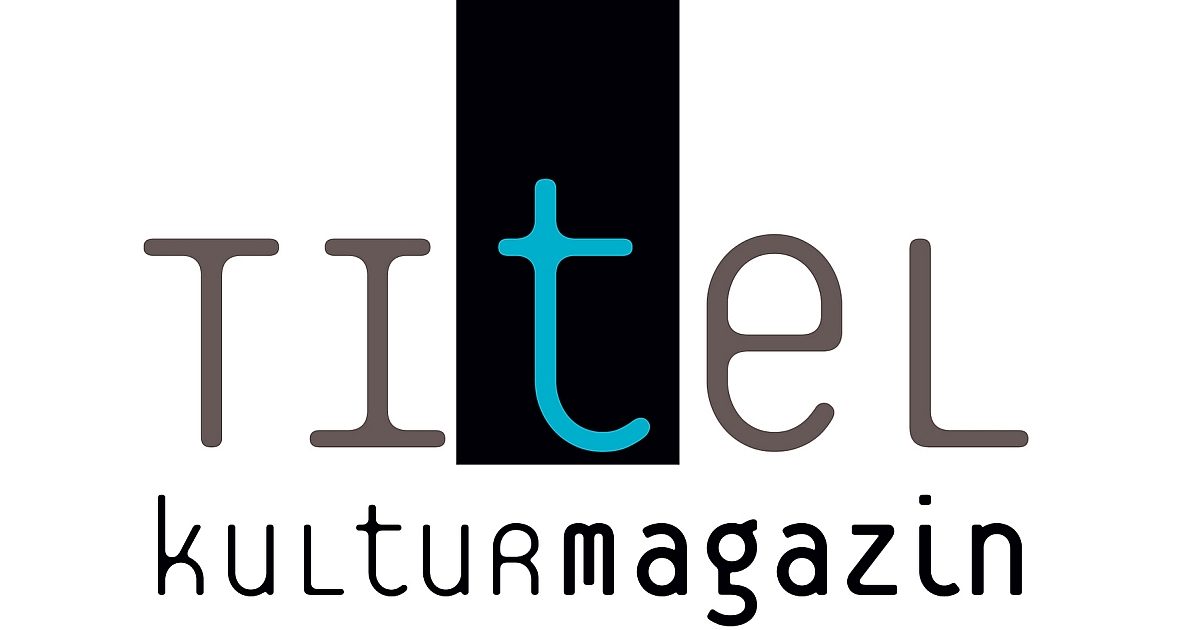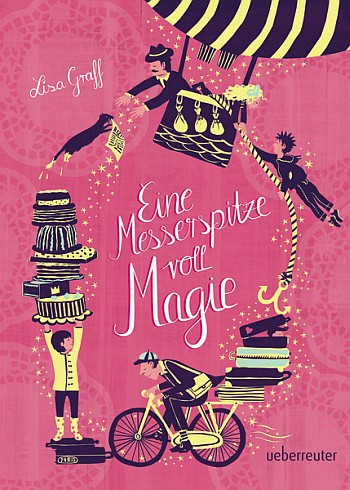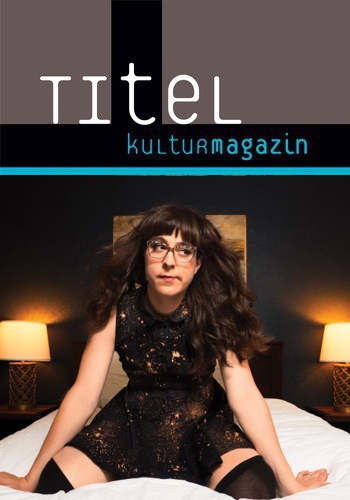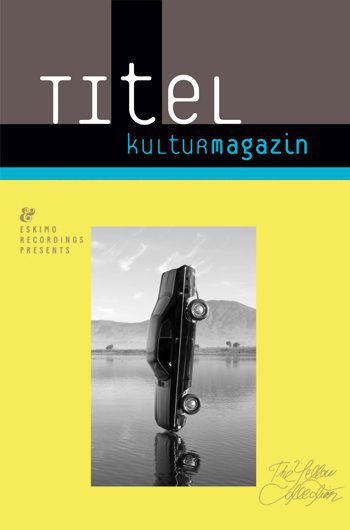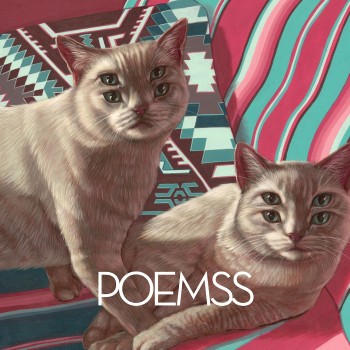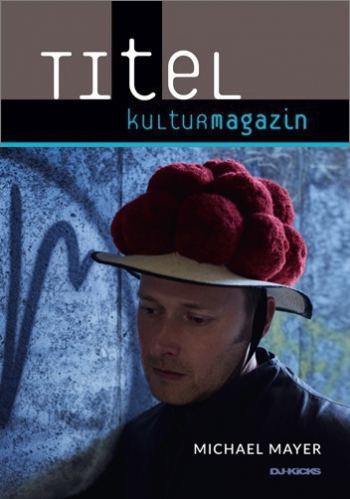Bittles‘ Magazine | Music Review
It was a time when anything seemed possible. The overriding sense of depression had come to an end making the late 80s, early 90s a truly glorious time to be young. Music, sex, drugs and fashion were the key, with the elitism and separatism of the Thatcher years being dissolved in one youth culture movement of inclusiveness and hope. The gap between rap, indie and rave was almost nonexistent, while a wave of E’d up positivism was flooding through the veins of the nation’s teens. These were glorious times indeed! By JOHN BITTLES
 Into this heady mix came Scotland-based indie-rockers The Soup Dragons. Together with the likes of Primal Scream, Happy Mondays, The Beloved, etc, they had become smitten with the acid house spirit and wanted to recreate the chugging, mechanical grooves erupting from warehouses and bedrooms throughout the UK. The difference was that these bands sought to add a face and a guitar-based sense of raucousness to the mostly faceless house music scene.
Into this heady mix came Scotland-based indie-rockers The Soup Dragons. Together with the likes of Primal Scream, Happy Mondays, The Beloved, etc, they had become smitten with the acid house spirit and wanted to recreate the chugging, mechanical grooves erupting from warehouses and bedrooms throughout the UK. The difference was that these bands sought to add a face and a guitar-based sense of raucousness to the mostly faceless house music scene.
Having originally formed in 1985, and named after the deranged antics of a cartoon character from The Clangers the band were originally seen as part of the jangly C86 movement which included fellow Bellshill residents BMX Bandits and Teenage Fanclub. Debut album This Is Our Art was released to middling acclaim, and it seemed as if a short-lived career of public indifference was to follow. Then, a chance encounter with acid house saw the band change direction, adding sampledelica and beats to their baggy rock oeuvre.
Second album Lovegod, helped in no small part by the ubiquitous hit single I’m Free, saw the band firmly enter the public consciousness and embrace what was to be, their fully deserved, five minutes of fame. The album is very much a game of two halves with a clear split between the Jesus and Mary Chain-inspired songs with which they had made their name and the more Madchester-indebted sound that was de-rigueur at the time. You would think that such a bi-polar sounding record shouldn’t really work, with the two very different elements grinding in discordance, annoying even more than it excites. Yet, the album is a splendid thing indeed, utilizing techniques and samples from an ever-expanding world of music to create something very special that lives long in the head and the heart..
Stardom, hit singles and Top of the Pops appearances followed, and, for a while, the four piece were a considerable success. Interviews with the likes of Melody Maker, Smash Hits and national broadsheets were common occurrences, as it seemed as the world seemed theirs for the taking. Yet, further albums met with increasing indifference and constant accusations of bandwagon-jumping hounded them until the band finally called it a day in 1995 in order to pursue alternate musical careers.
Yet, for one brief moment, with the aural majesty of Lovegod it seemed as if The Soup Dragons were destined to conquer the world. I’m Free and Mother Universe ruled the radio airwaves, while the likes of Beauty Freak, Kiss The Gun and Sweetmeat had long-haired kids the nation over creating manic mosh-pits wherever the band played. With songs working within the club, field, gig and home setting Lovegod is one very fine album indeed.
The album opens (or at least the re-issued 1990 version does) with the uplifting positivity of breakthrough single I’m Free. A new version of the record was hastily altered and re-released a year after its original release date to include this hit after it found itself at number 5 in the UK charts. While this is the most well known song on the LP it is, in many ways, the least exciting of the album’s 13 tracks. Still, it’s chorus of I’m free, to do what I want, any old time saw this Rolling Stones cover become a national favourite in student discos and raves throughout the UK. It found itself in the public’s consciousness, perfectly capturing the spirit of the times.
Mother Universe quickly follows and further enhances the loved-up, indie-dance vibe. The song opens with the lines She’s in love with heaven above. Well, I think she is religious, before erupting into a lovably baggy form of house. A dub version of this track also follows towards the close of the album with each a highlight through their dub house bass, catchy chorus and genuinely uplifting feel.
Backwards Dog meanwhile, opens with crashing guitars, rave-style breakbeats and a real sense of menace that makes it a perfect rock record for a world in the process of wholesale change. Its repeated end refrain of I’ve gone dog crazy, sounds slightly unhinged, deliciously sleazy, and perfectly marries the essence of rave together with unbridled joy of rock n‘ roll mayhem. This song shows the band in their original indie guise, but revamped and remixed to include the Chicago bump of house.
The slow, stoner mentality of Softly follows with a mild, apathetic shuffle. A celestial hymn to the deranged world of ecstasy, the vocals of All I wanted was to, was to be with you. Live inside your head. And to kill you dead. and Every time I see your face, you know I softly die expose the dangerous air which hides in the shadows of even the albums’ more positive sounding songs. With wonderful use of samples the song illustrates just how far a band which opens up its musical horizons can go.
In contrast, Drive the Pain explodes in joyous ‘Jesus and Mary Chain with a sampler’ inspired noise. It’s nonsensical lyrics don’t bear close scrutiny, but you have to remember that the early nineties were a very forgiving time. Gorgeously spiteful tracks like Kiss the Gun, and Love You To Death continue this theme, with noisy, fist-punching and life affirming results. Hot and sweaty basements were, seemingly, invented for songs just like these.
A real star of the show is the title track, Lovegod, a wonderfully skewed beast of a song that could only exist in that hazy world between genres. It’s slightly gospel air is demonstrated by lyrics like Wasn’t it she, who gave me affection, changed my ways, and made me see the light, and And it’s you, who is the Lovegod. And it’s you who makes me die. Throughout the song we are unsure whether vocalist Sean Dickson is singing about a new found love or conjuring an ode to his favourite drug. Yet, these worries have no meaning in a song which grabs hold of the listener over its four minute duration and refuses to ever let go.
Another stand-out, Sweetmeat opens with the lines My Baby is sweetmeat. Sweetmeat to me. She tells me to kiss her. I do whatever I please, signalling the gloriously sleaze-filled listen which is to come. Beauty Freak is another highlight, alternating between deranged bleeps and raucous guitars perfectly. Its chorus of You’re so wild. You’re so unique. Everybody calls you the beauty freak, stunningly accompanied by desperate sounding guitars and pounding drums thrills with each and every listen. If you aren’t exhausted by the end of this song then you really need to have a good long talk with yourself.
Closing with a bang, the album finishes with the indie rock dirge of Crotch Deep Trash; a gloriously fucked-up cry of equal parts joy and fury. I will take you as far as I can, Sean screams with a guttural vehemence that proves a fast and furious end to what is undeniably a great album which positively brims over with surprises and musical depths.
A relic of its time? Or a forgotten indie-dance classic? In truth, it‘s hard to tell. One thing I can tell you is that Lovegod is an album I have lived with and loved for over twenty four years now. Rarely a week goes by when I don’t play it. And with indie music forever looking backwards to make up for its lack of new ideas, most of these songs still sound thrillingly relevant and vital today.
It reveals a fantastic time for music when the rulebook had been thrown out of the window. The ‘kids with samplers and guitars’ were creating ever more exciting and out there musical hybrids. With the synths of rave, and the beats of hip hop combining with the guitars of rock it seemed like every single tune was unlike anything you had ever heard before. Lovegod stands proudly within this remit; a fantastically funky house odyssey and a high octane indie rock ride. The album is a perfect example of what happens when all these sounds collide.
